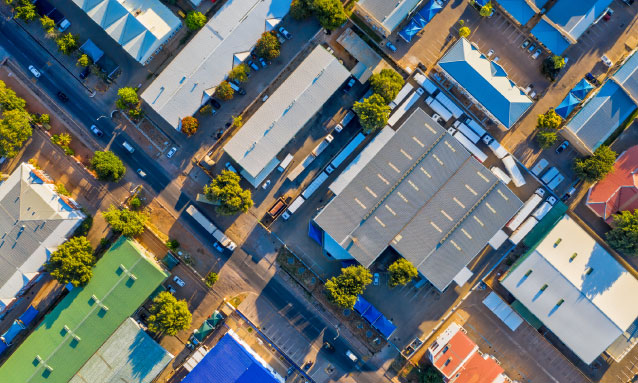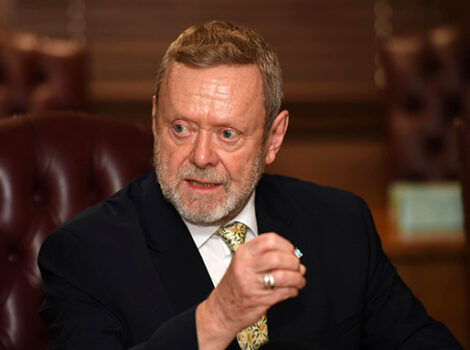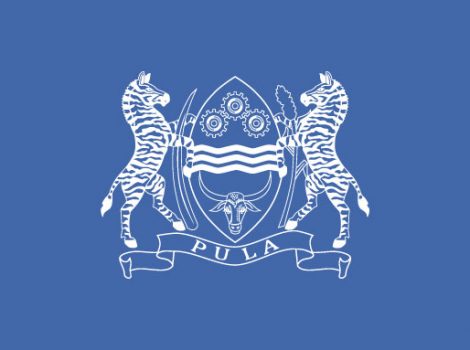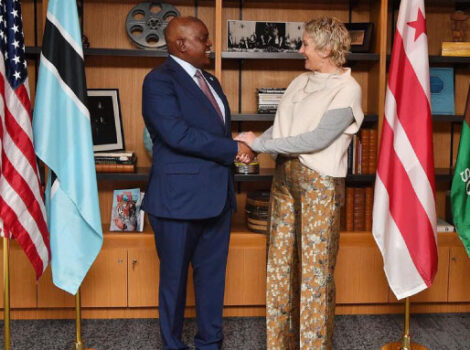
The International Monetary Fund (IMF) expects Botswana’s 2021 economic ‘bounce-back’ to be marginally higher than previously forecast, an opinion that represents a ray of hope for an economy presently fighting a technical recession.
According to the IMF’s eagerly awaited October update of the World Economic Outlook released last Tuesday, researchers at the Washington-based institution expect the local economy to grow by 8.7% next year, from their July estimate of 8.6%. Analysts say the marginal difference reflects the broader, updated IMF view of a less severe than the initially forecast global crunch from the coronavirus (COVID-19) pandemic. In its latest update, however, the IMF has maintained the Botswana economy will contract by 9.6% this year. The Government expects the local economy to shrink by 8.9% this year and bounce back to 7.7% growth in 2021.
Botswana’s estimated bounce-back of 8.7% for 2021 is the second-highest in sub-Saharan Africa after Mauritius, while the forecast 9.6% contraction for 2020 is the third-worst after Mauritius, Seychelles and Zimbabwe. IMF researchers said global recovery had taken root in the third quarter of 2020, anchored on aggressive economic support measures undertaken by many countries and the easing of many lockdowns across the world. The recovery being underway bodes well for Botswana whose key economic pillars, mining and tourism, are both dependent on external demand, which have been critically impacted by both COVID-19 and the government responses to it.
“The global economy is climbing out from the depths to which it had plummeted during the Great Lockdown in April,” the IMF said last week.
“But with the COVID-19 pandemic continuing to spread, many countries have slowed reopening and some are reinstating partial lockdowns to protect susceptible populations.
“While recovery in China has been faster than expected, the global economy’s long ascent back to pre-pandemic levels of activity remains prone to setbacks.”
Prices of base metals such as copper and nickel are slowly rising in line with the resurgence of economic activities globally, particularly in China, while precious metals such as gold have enjoyed a strong year due to their use as a safe haven during periods of volatility. The country’s main economic commodity, rough diamonds, are also seeing improved demand and prices, as seen in the last two auctions held in Gaborone as well as in estimates that Debswana’s production will not be drastically below range.
The outlook for the other economic pillar, tourism, remains bleak, however, according to the IMF. Researchers said ongoing restrictions, combined with consumers’ fears of contagion even in areas with low rates of the epidemic, would continue to weigh heavily on the tourism industry at a global level. While the IMF is more optimistic on the country’s prospects in 2021, researchers warned about the immediate and lasting effects of the pandemic on the economy.
“Small states, as well as tourism-dependent and commodities-based economies, are in a particularly difficult spot,” the IMF said.
“Most economies will experience lasting damage to supply potential, reflecting scars from the deep recession this year and the need for structural change.
“The persistent output losses imply a major setback to living standards relative to what was expected before the pandemic.
“Not only will the incidence of extreme poverty rise for the first time in over two decades, but inequality is set to increase because the crisis has disproportionately affected women, the informally employed and those with relatively lower educational attainment.”
The Bank of Botswana has said even with recovery in 2021, the expected level of economic contraction in 2020 equates, approximately to a two-year loss of output. The Government’s response to COVID-19 has included wage subsidies, tax deferrals, a loan guarantee programme and support to the SMME and informal sector, while the central bank relaxed prudential limits, lowered interest rates and increased mobile payment limits amongst other initiatives.
The Government is banking on a P14.5 billion Economic Recovery and Transformation Plan to reignite the economy and carry it through the pandemic and restructure its path to achieve citizens’ aspirations.
Source: http://www.mmegi.bw/index.php?aid=87390&dir=2020/october/16



